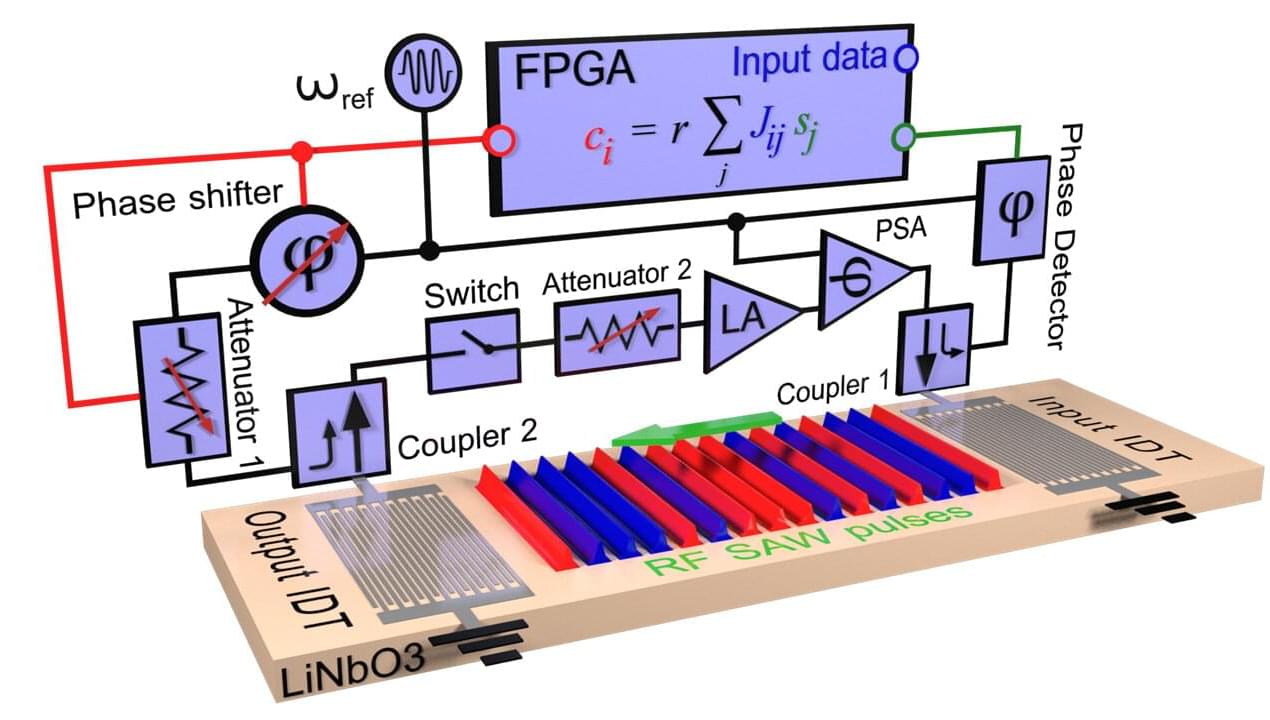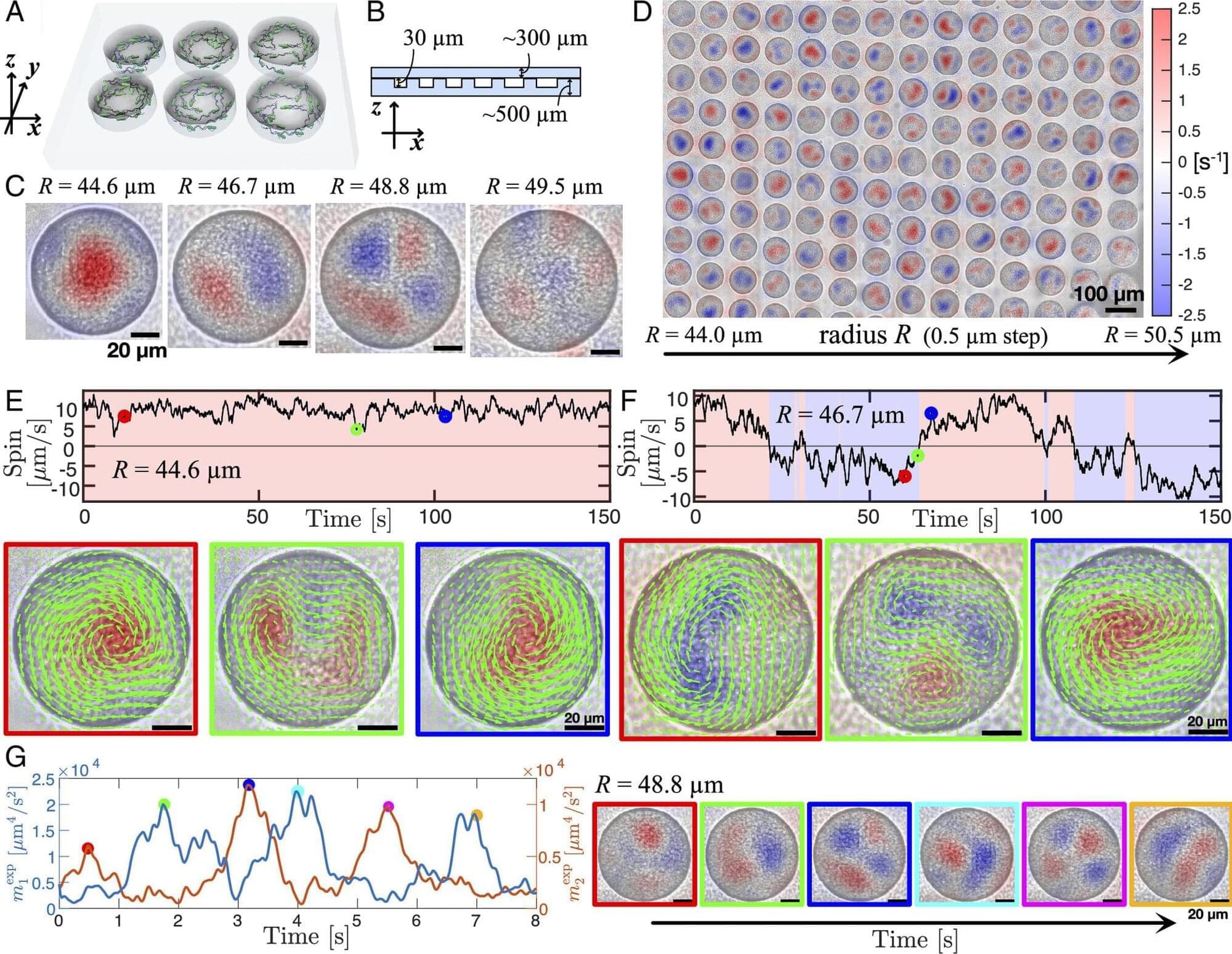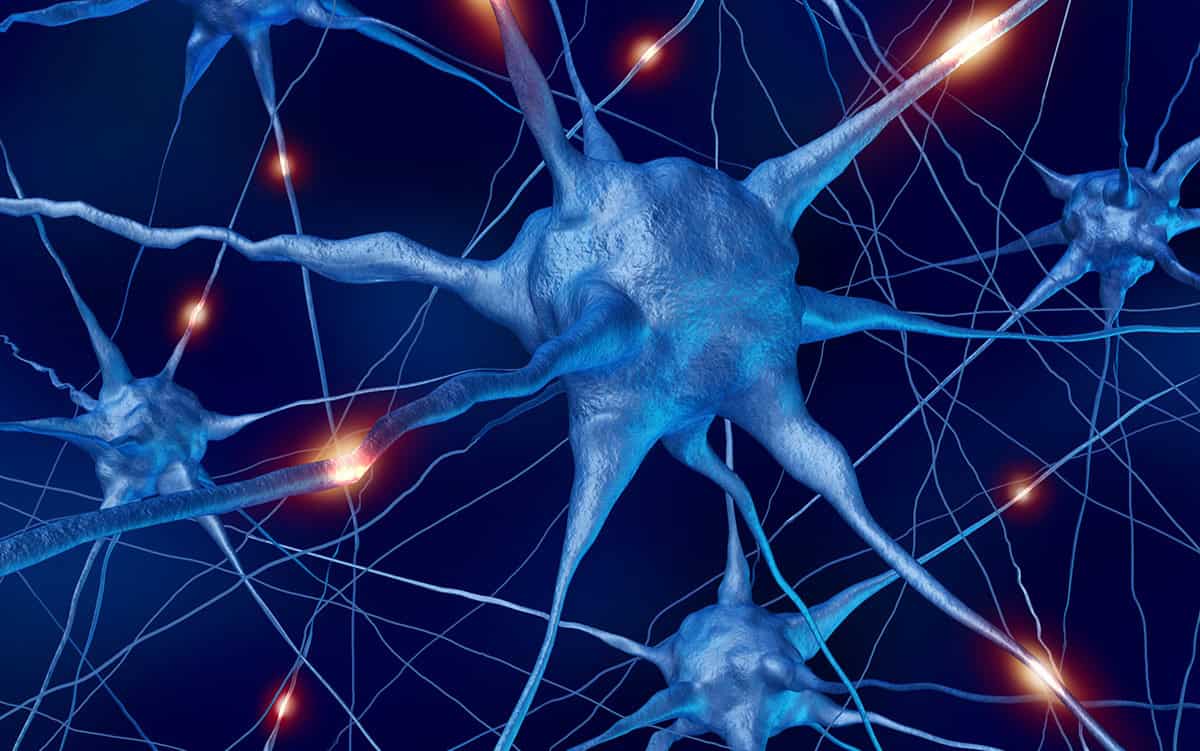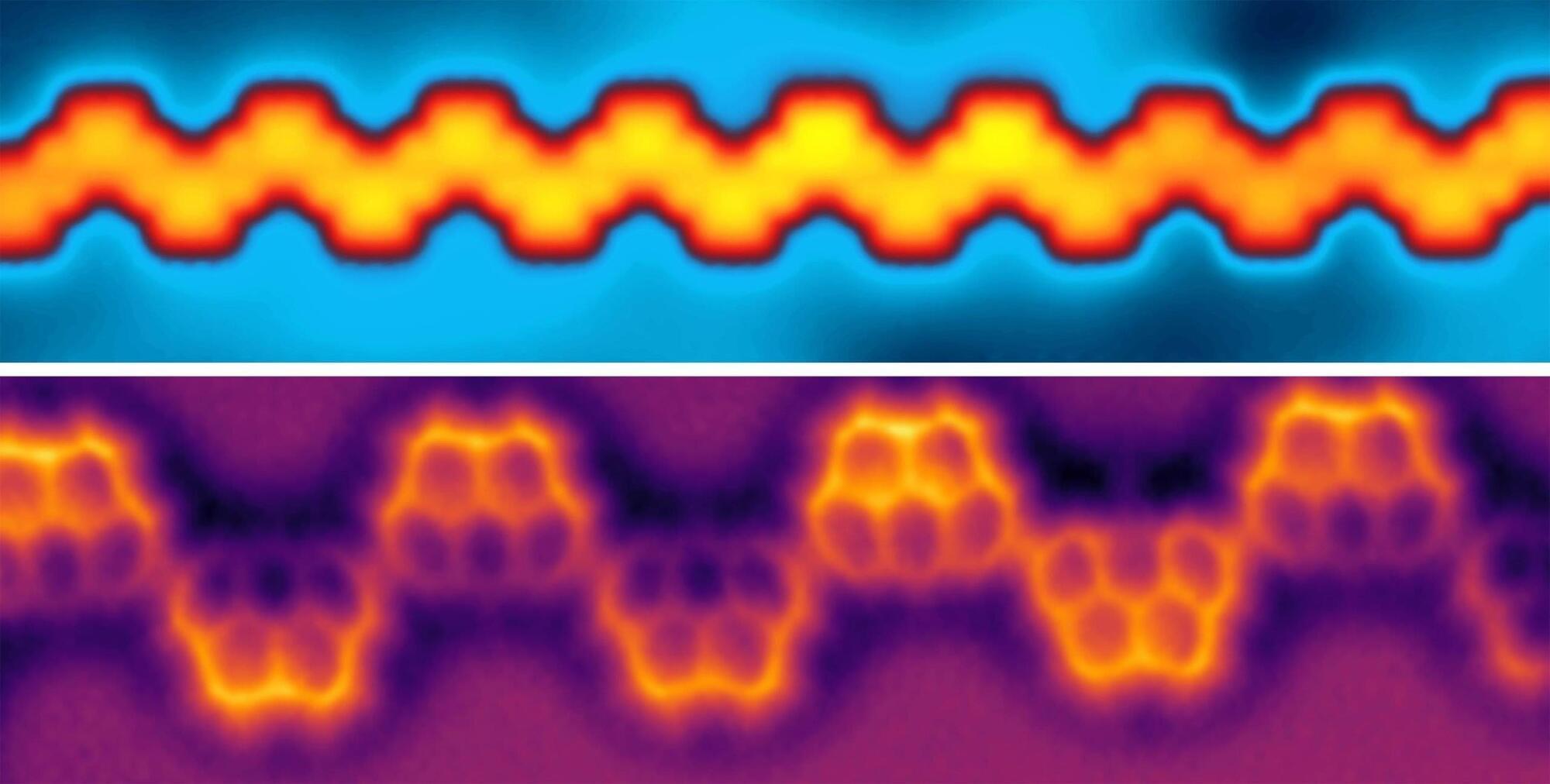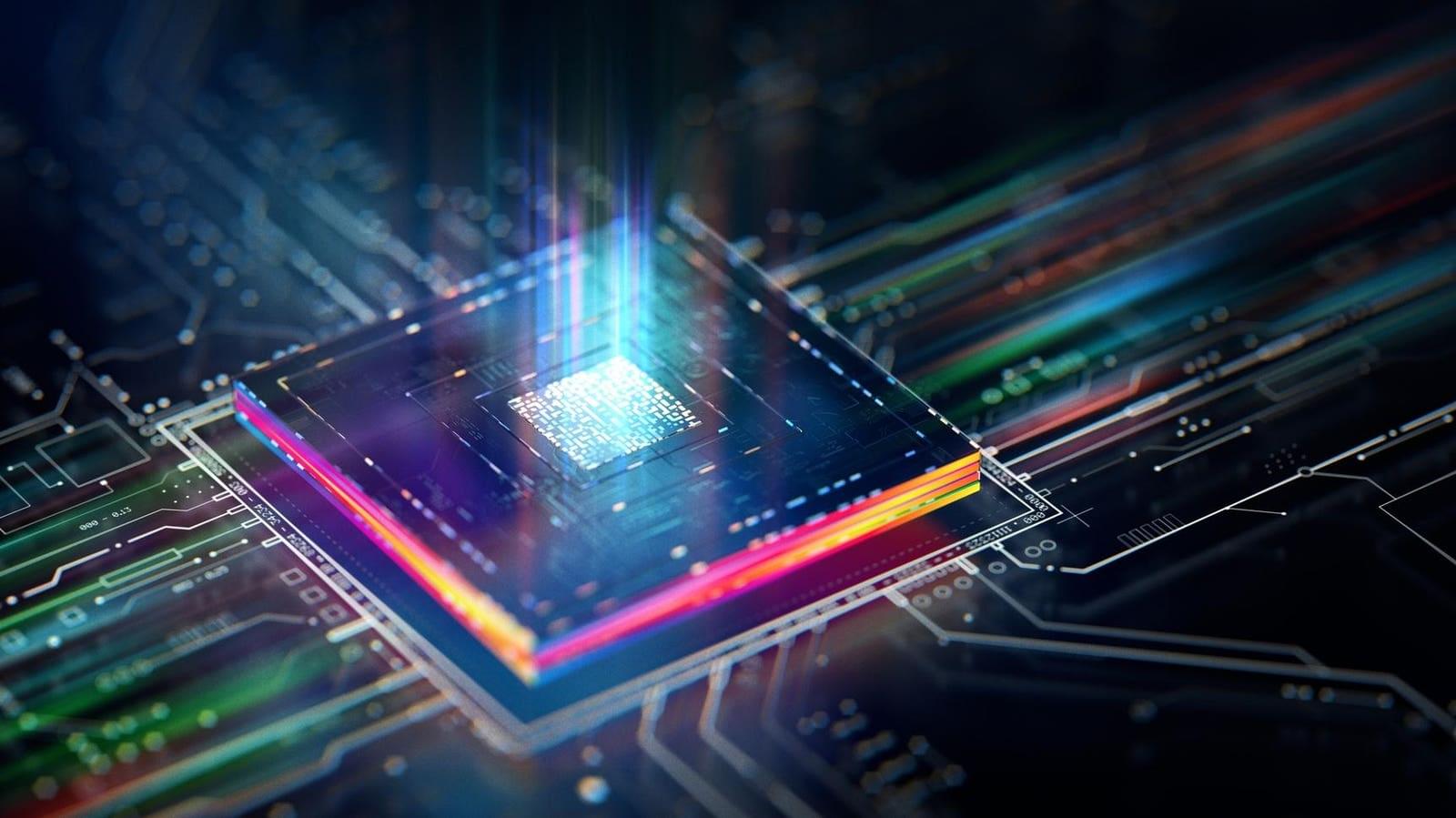Researchers at the University of Gothenburg have developed a novel Ising machine that utilizes surface acoustic waves as an effective carrier of dense information flow. This approach enables fast, energy-efficient solutions to complex optimization problems, offering a promising alternative to conventional computing methods based on von-Neumann architecture. The findings are published in the journal Communications Physics.
Traditional computers can stumble when tackling combinatorial optimization problems —tasks of scheduling logistic operations, financial portfolio optimization and high frequency trading, optimizing communication channels in complex wireless networks, or predicting how proteins fold among countless structural possibilities.
In these cases, each added node—an additional logistic hub, network user, or molecular bond causes the number of possible configurations to explode exponentially. In contrast to linear or polynomial growth, an exponential increase in the number of possible solutions makes even the most powerful computers and algorithms lack the computational power and memory to evaluate every scenario in search of vanishingly small subsets representing satisfactorily optimal solutions.
